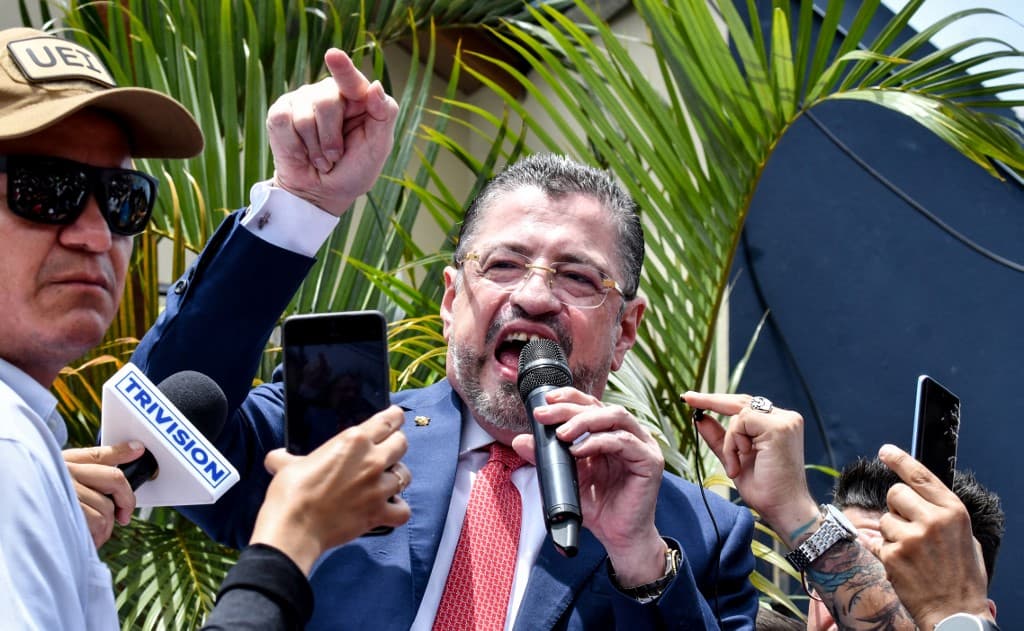The Supreme Electoral Tribunal (TSE) of Costa Rica ordered President Rodrigo Chaves on Wednesday to refrain from engaging in political belligerence that could influence the upcoming presidential and legislative elections in February. Chaves, who cannot seek re-election because it is prohibited consecutively, is being investigated by the TSE for alleged electoral bias as he is accused by a citizen of trying to influence in favor of candidates from his own party.
In a statement, the TSE announced that it “has taken as a precautionary measure” to request that Chaves “refrain from making demonstrations or engaging in acts that could jeopardize” the impartiality of the government ahead of the elections, as guaranteed by the Constitution.
In an unusual power struggle within the State in this country, known for its democratic tradition, the head of state—whose populist, hardline leadership profile boosts his poll numbers—has conflicts with the Public Prosecutor’s Office, the Judiciary, and Congress, who accuse him of authoritarian drifts.
“Do they really think they can silence this government? (…) You know what? You know what? They screwed up! (…) Here I am, I’m not hiding!” Chaves challenged on Wednesday, asserting that he speaks on behalf of the “people.” The 63-year-old former World Bank official has expressed his desire for his party to secure an absolute majority in Congress in 2026 to implement a series of reforms that, according to him, are necessary for the country.
The TSE warned that if the president does not adhere to electoral impartiality, he will be committing the crime of “disobedience” and has given him a period of three days to respond to the accusations made in the complaint. “He is forbidden from using public resources—of any nature—to influence the free will of the voters,” the court warned.
Chaves’ associates do not rule out that he might seek a seat in the Legislative Assembly, and during recent marches he supported, portraits of several of his collaborators who could potentially aspire to the presidency or a seat in Congress were displayed. The president frequently attacks deputies, judges, prosecutors, and journalists or media outlets that are critical of his administration, which began in 2022.






